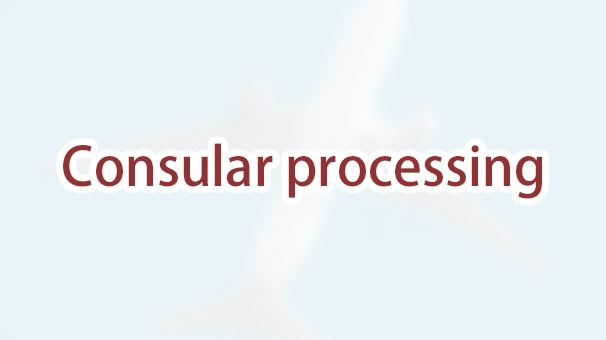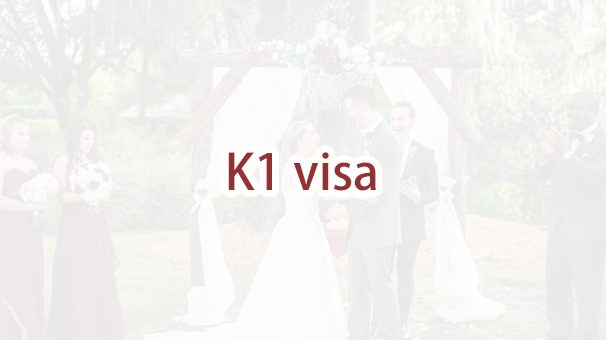What is the process for applying for a green card for my parents who are in the U.S.?
As a U.S. citizen who is at least 21 years old, you may apply for a green card for your parents. If your parents entered the U.S. legally with a visa, they may be eligible to apply for a green card through adjustment of status inside the U.S. Applying for adjustment of status for your parents in the U.S. requires several steps.














